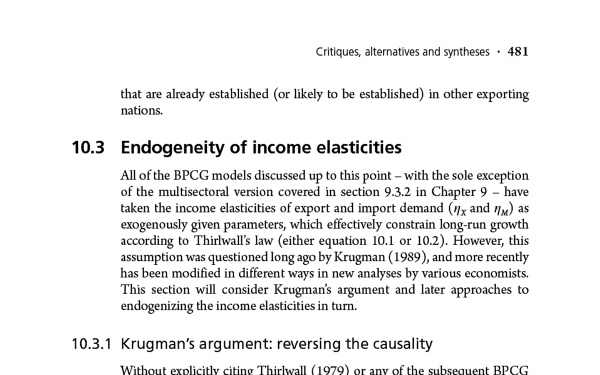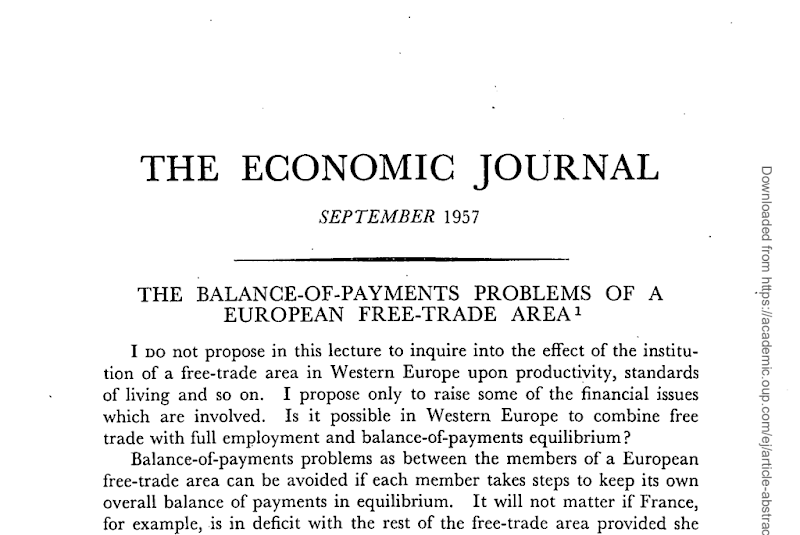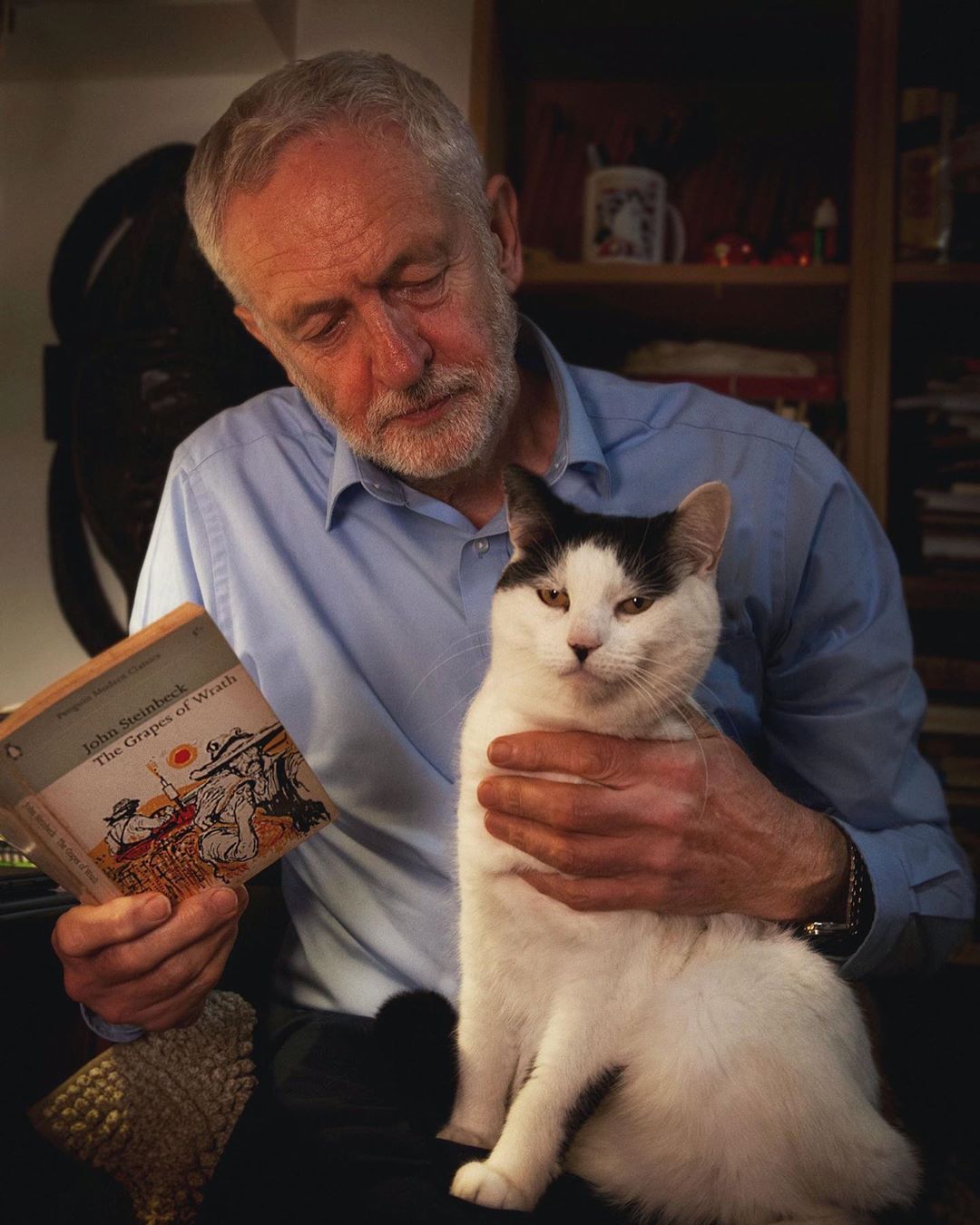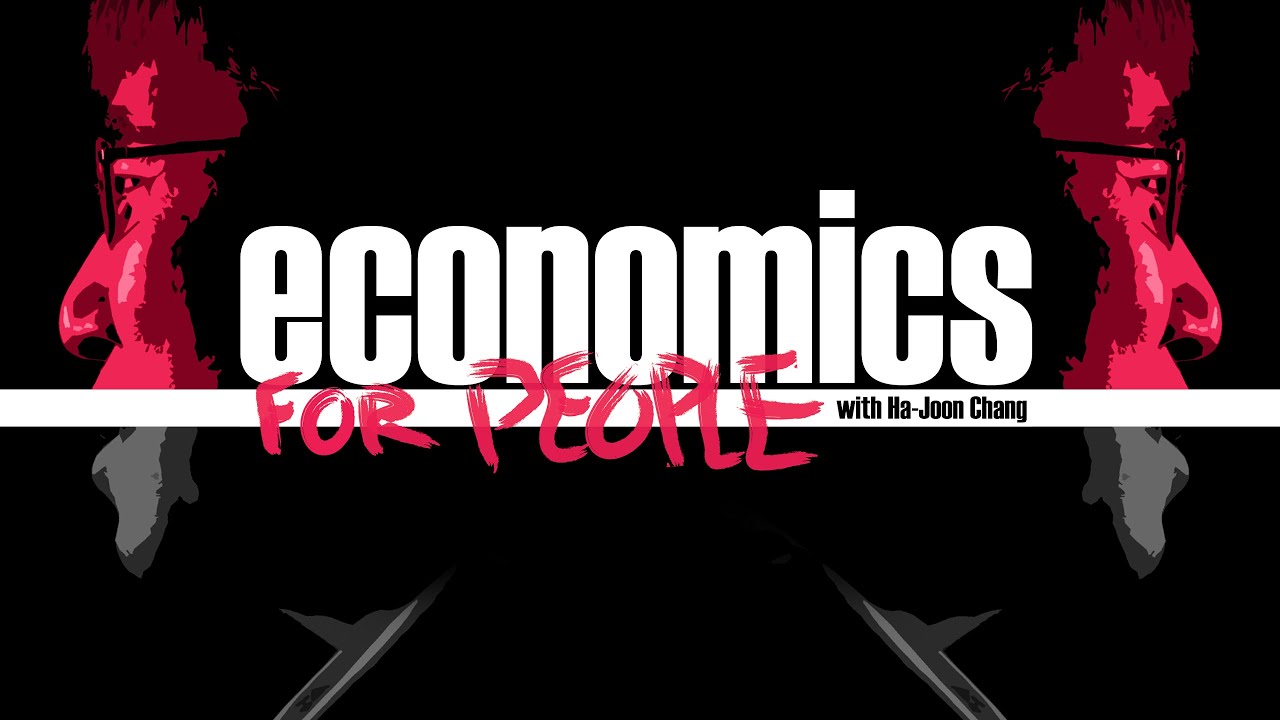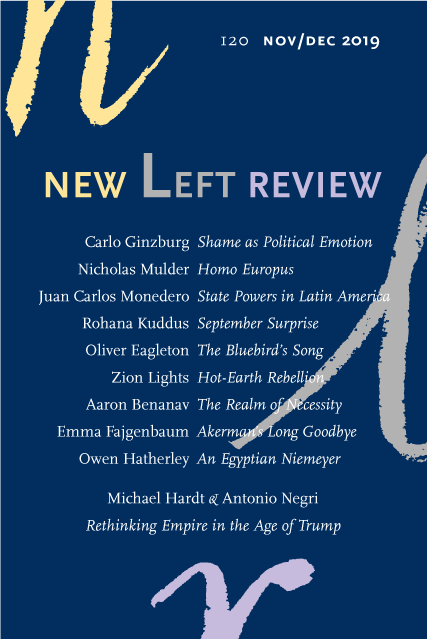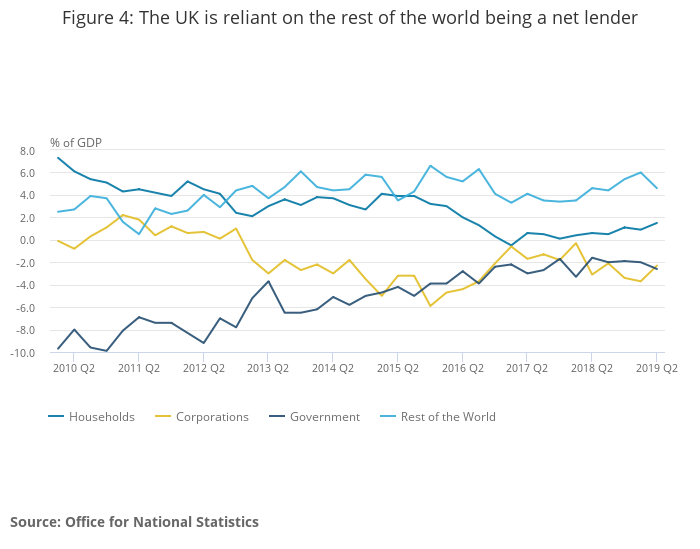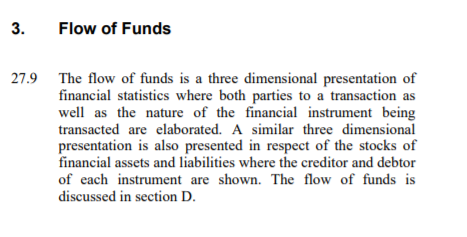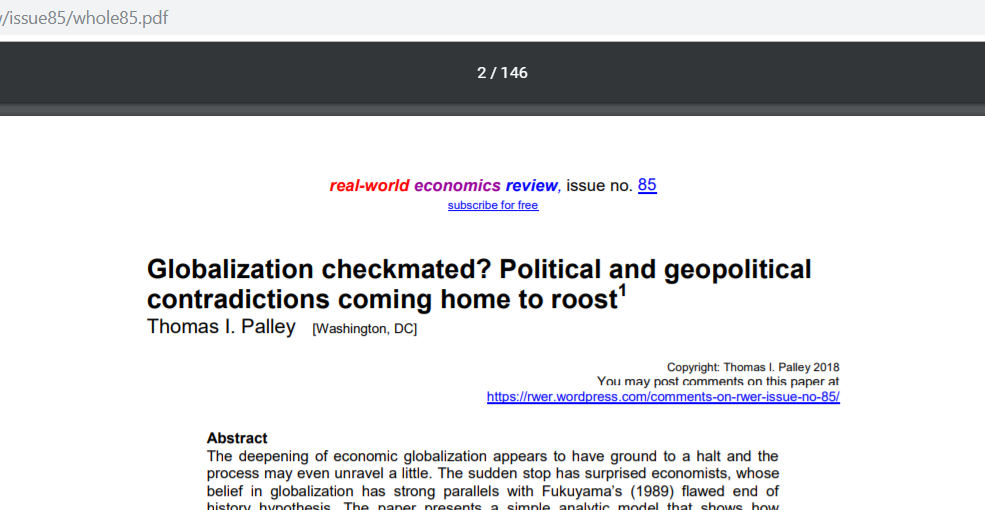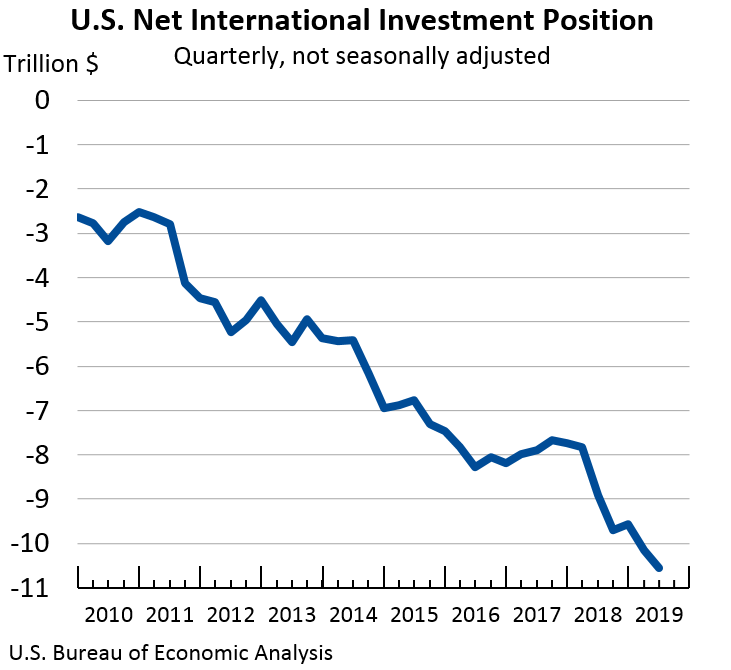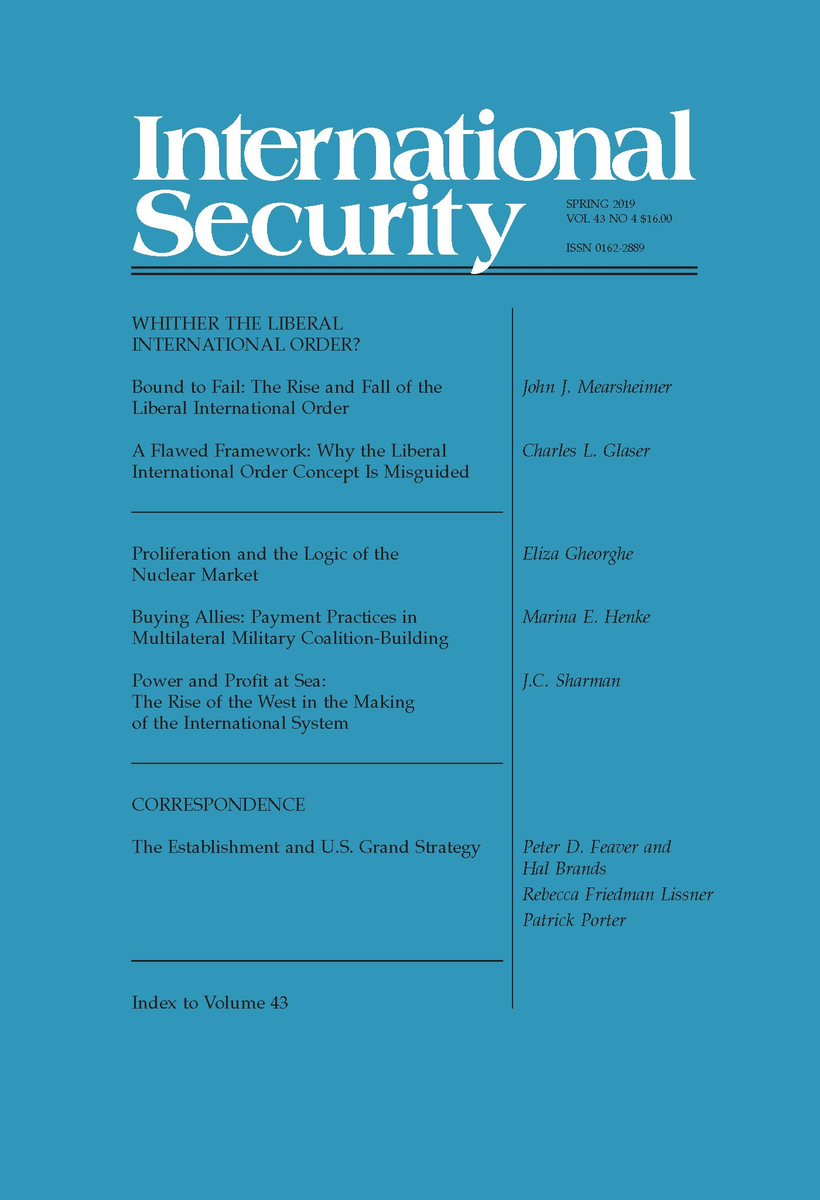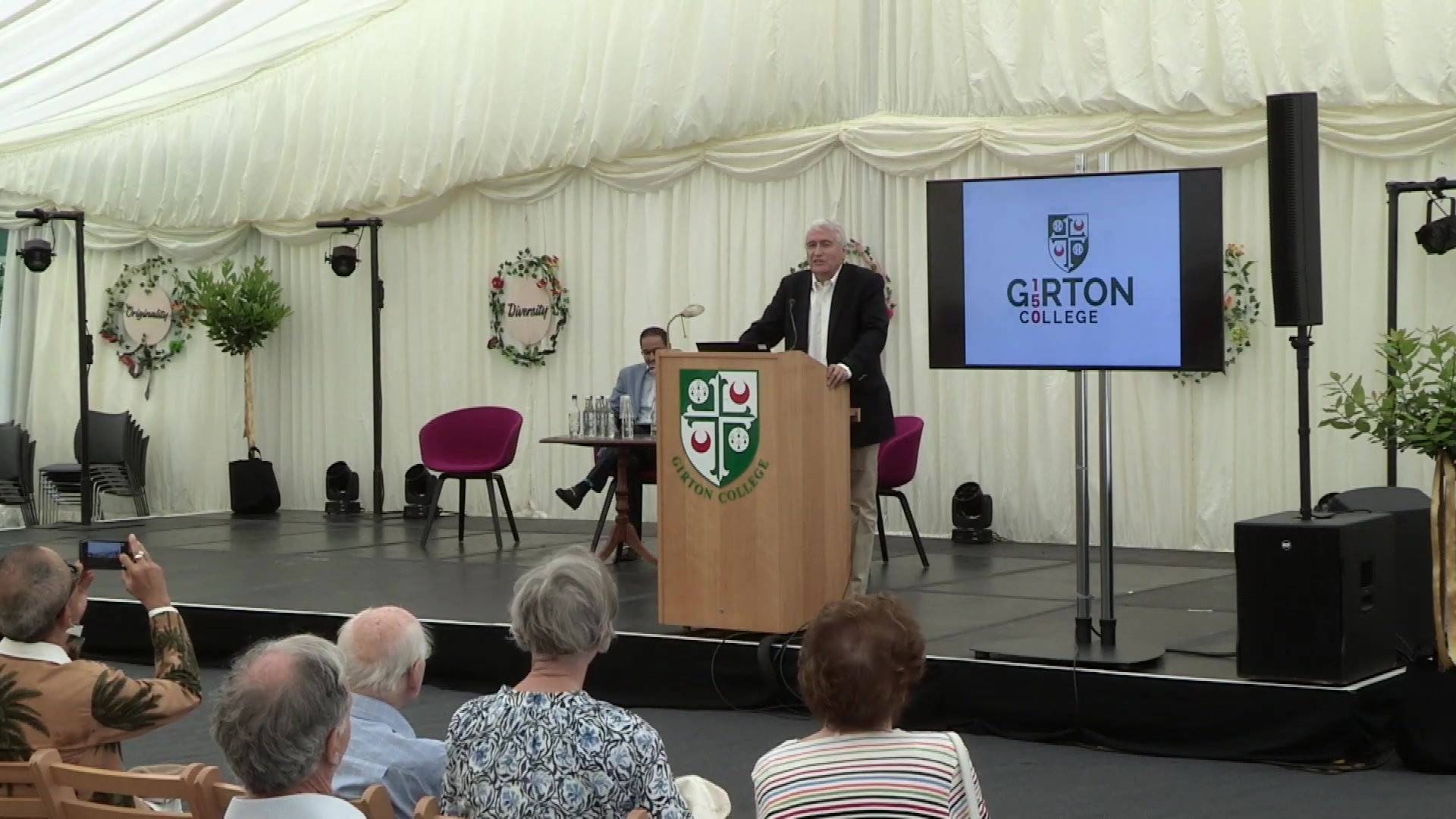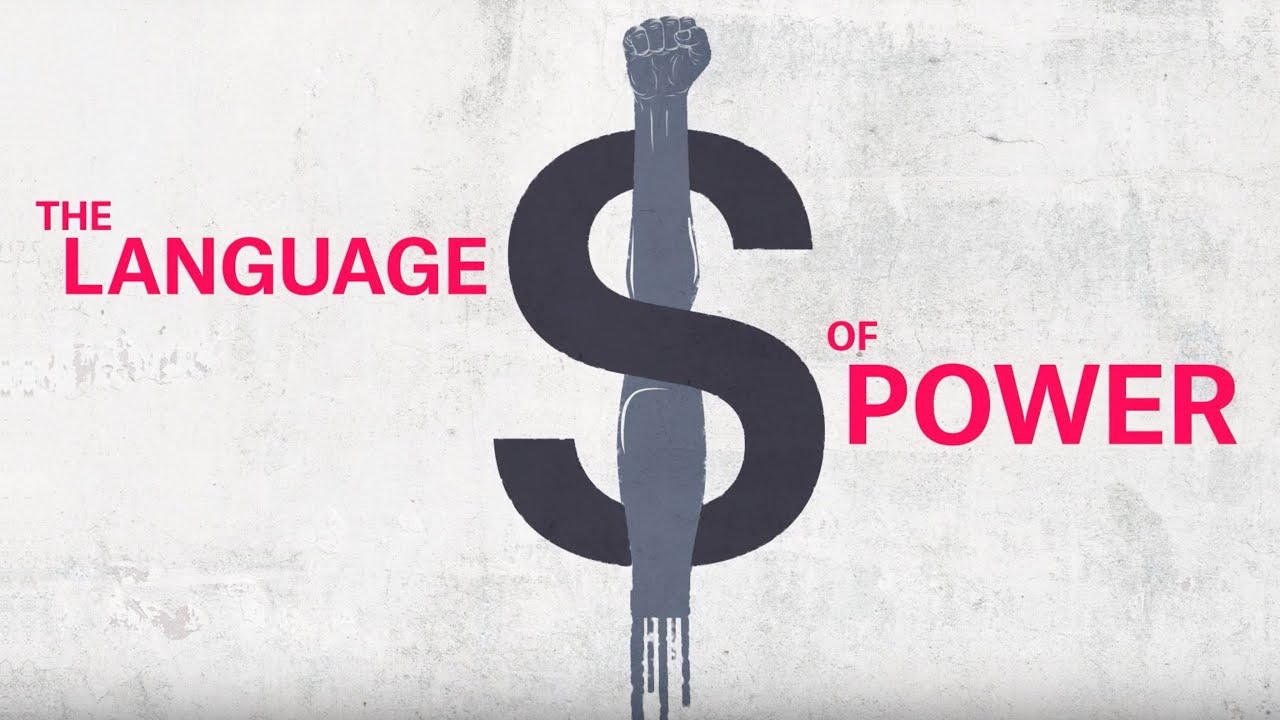Twenty years ago, when our book Empire first appeared, the economic and cultural processes of globalization occupied centre stage: all could see that some kind of new world order was emerging. Today globalization is once again a central issue, but now commentators across the political spectrum are conducting its postmortem. Establishment political analysts, especially in Europe and North America, lament the decline of the liberal international order and the death of the Pax Americana. Newly dominant reactionary forces call for the return of national sovereignty, undermining trade pacts and presaging trade wars, denouncing supranational institutions and cosmopolitan elites, while stoking the flames of racism and violence against migrants. Even on the left, some herald a renewed national sovereignty to serve as a defensive weapon against the predations of neoliberalism, multinational corporations and global elites.
Despite such prognostications, both wishful and anguished, globalization is not dead or even in decline, but simply less easily legible. It is true that the global order and the accompanying structures of global command are everywhere in crisis, but today’s various crises do not, paradoxically, prevent the continuing rule of the global structures. The emerging world order, like capital itself, functions through crisis and even feeds on it. It works, in many respects, by breaking down. The fact that the processes of globalization are less legible today makes it all the more important to investigate the trends of the past twenty years in both the variegated constitution of global governance, which includes the powers of nation-states but extends well beyond them, and the global structures of capitalist production and reproduction.
Interpreting the primary structures of rule and exploitation in a global context is the key to recognizing and furthering the potential forces of revolt and liberation. The emerging global order and networks of capital undoubtedly constitute an offensive operation, against which we should support resistance efforts; but they should also be recognized as responses to the threats and demands forwarded by the long history of revolutionary internationalisms and liberation struggles. Just as today’s Empire was formed in response to the insurgencies of the multitudes from below, so too, potentially, it could fall to them, as long as those multitudes can compose their forces into effective counter-powers, and chart the path towards an alternative form of social organization. Today’s social and political movements are, in many respects, already pointing in this direction.
…
Most important at this aristocratic level of Empire is the extent to which, despite appearances, its general contours remain unchanged. From this perspective, the much-heralded return of the nation-state—along with nationalist rhetoric, threatened trade wars and protectionist policies—should be understood not as a fracturing of the global system, but rather as so many tactical manoeuvres in the competition among aristocratic powers. America first!, Prima l’Italia! and Brexit! are the plaintive cries of those who fear being displaced from their positions of privilege in the global system.
Like the conservative French peasants whom Marx portrayed as being mobilized by memories of lost Napoleonic glory (and who yearned to make France great again), today’s reactionary nationalists aim not so much at separation from the global order as moving back up the rungs of the global hierarchy to their rightful position. In similar fashion, the conflicts between dominant nation-states and the supranational infrastructure—think of Trump railing against ‘globalism’ in his 2018 UN General Assembly address—entail a ploy for a more dominant position within, rather than an attack upon, the global system. The elites leading the dominant nation-states and supranational institutions are all driven by the dictates of a neoliberal ideology irrevocably dedicated to constructing and maintaining the capitalist global order.
…
… We need today an international cycle of struggles with the intelligence to investigate the structures of the ruling global order. Sometimes, after all, the theoretical work done in social movements teaches us more than that written in libraries. Reversing their invisibility is the first step toward being able to challenge and eventually overthrow the structures of Empire.
